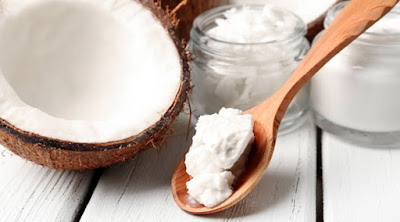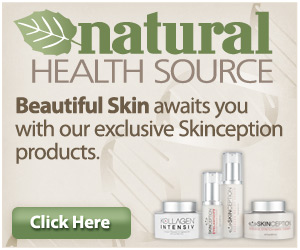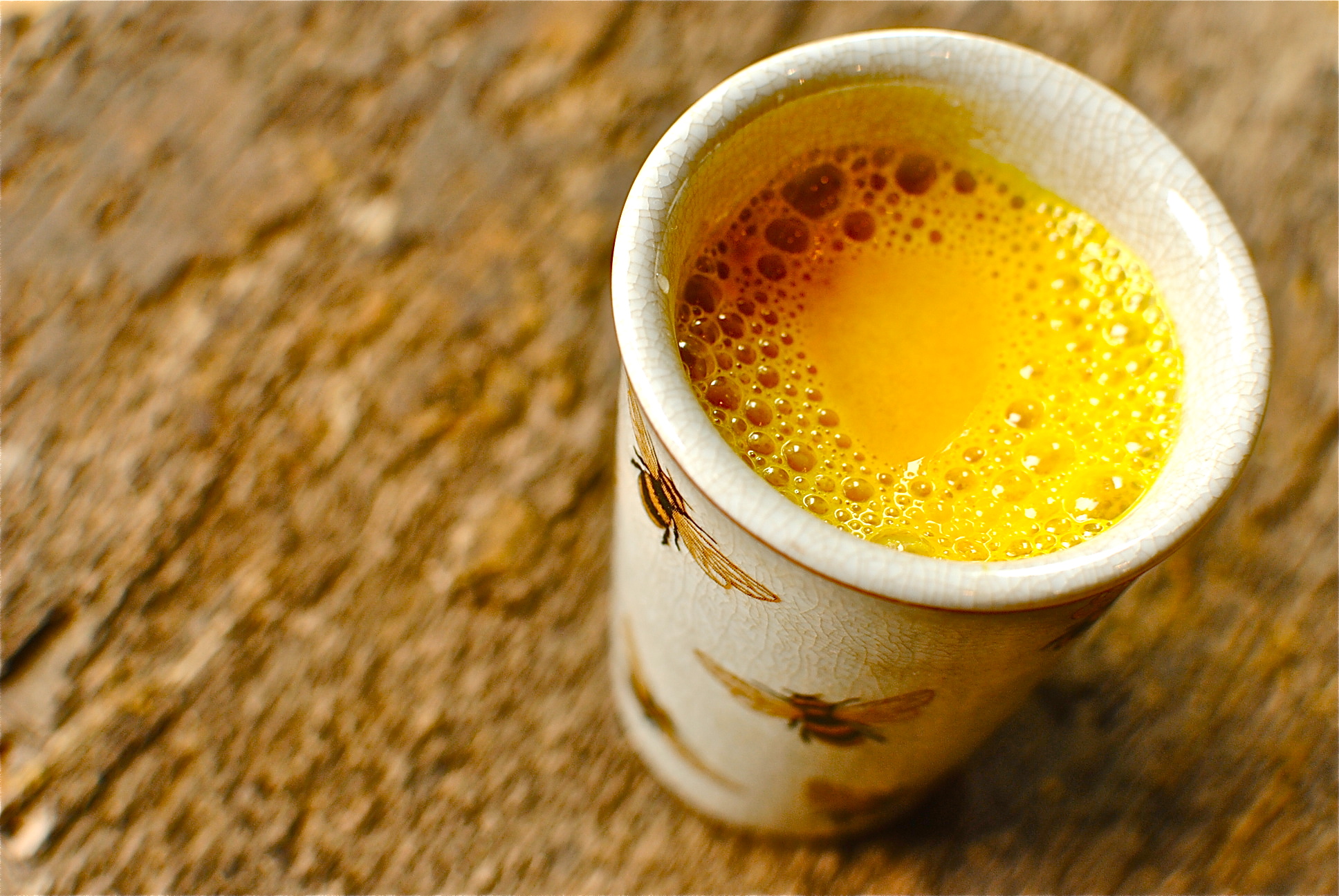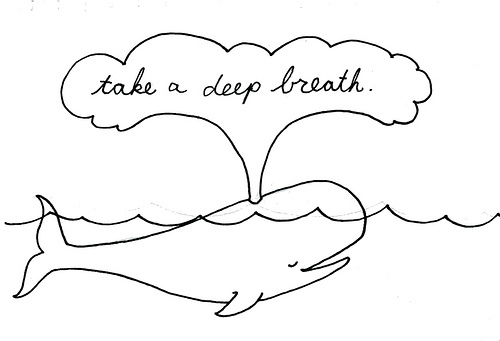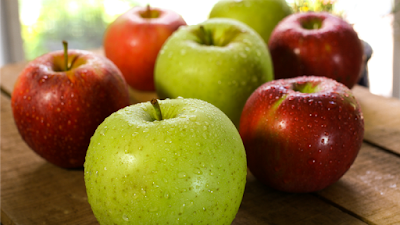
Apples
Food can be categorized as "smile-challenging" or "smile-friendly" explains Jonathan Levine, DMD, spokesperson for ProNamel toothpastes. Smile-challenging foods are acidic and lower the pH level in your mouth, threatening your teeth with too much acidity; whereas smile-friendly are alkaline foods that raise the pH level in your mouth to a healthier level for your teeth. (These are the best hygiene tips for healthy, white teeth.) Apples are a great alkaline fruit, says Dr. Levine. Not only do they raise your mouth's pH, but apples also act as "a natural exfoliate to take stains off the teeth," says Dr. Levine. (Brushing with a toothpaste like ProNamel Strong & Bright can help build a protective barrier on teeth to guard against acid erosion.) Read more about the many health benefits of apples.
Herbal tea or unsweetened fruit juice
| VICUSCHKA/SHUTTERTSTOCK |
Silken tofu
Not only is tofu one of the most alkaline of all proteins, but also it provides calcium to your teeth! Maria Bella, RD, recommends replacing your favorite creamy dessert with this custard-like product. It will provide you with a great dose of protein all while giving you your daily dessert fix.
Sweet potatoes
| ROBYN MACKENZIE/SHUTTERTSTOCK |
Cheese
Any dessert with sugar produces harmful acid in your mouth. The solution? Be like the French and eat cheese for dessert, says Bella. "Cheese is great for dessert because it has calcium," says Bella, so you avoid the harmful sugars for your smile, while benefiting your bones and teeth. Plus, cheese is super satisfying and tastes pretty amazing, too. Find out what your favorite cheese reveals about your personality.
Cucumbers
| DMITRY BUNIN/SHUTTERTSTOCK |
Stevia
Normally, artificial sweeteners receive a bad reputation for being fake and full of chemicals. But, Dr. Levine says that stevia is actually the healthiest of all sweeteners. It is an alkalizing food that also prevents plaque from forming on teeth, explains Dr. Levine. Next time you reach for a sweetener to put in your latte, grab a stevia and strengthen your teeth. Check out these other natural sweeteners.
Carrots
| ANNA_PUSTYNNIKOVA/SHUTTERTSTOCK |
SOURCE: RD




